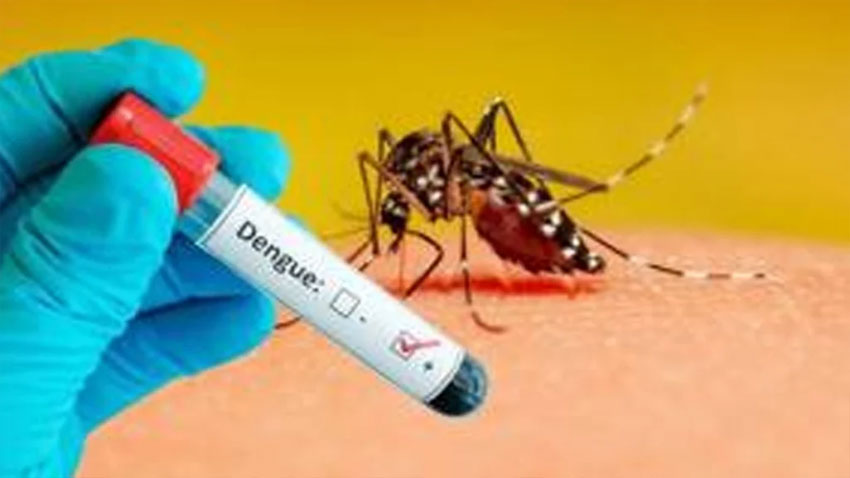
Health experts have warned that without immediate and coordinated mosquito control efforts, the situation could spiral into a major national health emergency.
According to the Directorate General of Health Services (DGHS), a total of 50,689 dengue cases and 215 deaths have been reported nationwide this year as of October 6. The rapid spread of the mosquito-borne disease has put immense pressure on hospitals and health workers, especially in urban centers such as Dhaka and Chittagong.
Professor Kabirul Bashar, an entomologist at Jahangirnagar University, cautioned that the outbreak—already severe in September—may become “alarming” this month. He attributed the worsening situation to erratic rainfall, rising temperatures caused by climate change, and prolonged public holidays that hindered anti-mosquito campaigns.
He also pointed to weak local government measures and insufficient coordination as key factors behind the ongoing crisis. “The delay in controlling mosquito breeding sites and inconsistent spraying activities have made the problem worse,” he said.
Health experts are now urging authorities to take swift, nationwide action to prevent further escalation. They have emphasized public awareness campaigns, strict waste management, and continuous fumigation drives as urgent priorities to curb the outbreak.
Read more: Pakistan confirms first monkeypox case in Lahore
The dengue outbreak in Bangladesh highlights a deadly mix of climate change, urban mismanagement, and delayed response. With over 50,000 infections and counting, experts fear this could become one of the country’s worst health emergencies in years. Unless mosquito control operations are immediately intensified, the crisis could cross a dangerous threshold in the coming weeks.
“If we fail to act now, the situation could spiral out of control,” Bashar said.
He said climate change has extended the breeding season for mosquitoes, while delays in cleaning and fogging drives have worsened the problem. Once confined mostly to cities, dengue is now spreading to smaller towns and rural areas, raising fears that it could become endemic nationwide, Reuters reported.
With hospitals under growing strain and infections still rising, health officials fear the crisis will deepen in the coming weeks.
The crisis is being compounded by a rise in cases of chikungunya, also a mosquito-borne disease. Although chikungunya is rarely fatal, it often leaves both children and adults suffering from severe joint pain and lingering weakness.
Bangladesh’s worst year on record for dengue was 2023, when the disease killed 1,705 people and infected more than 321,000. Experts warn that the country could face another devastating cycle if strong preventive measures are not taken.




